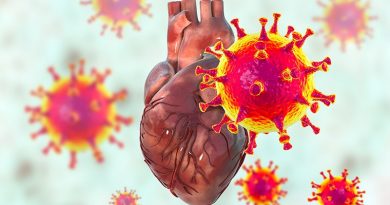HIV prevention drug can curb the epidemic for high-risk groups in India

Pre-exposure prophylaxis (PrEP), a combination drug used to prevent HIV infection, has already gained significant traction in the U.S. and Europe. The once-a-day pill, when taken consistently, can reduce the risk of HIV acquisition by over 85 percent. A new study published in Clinical Infectious Diseases by an international research team suggests that making PrEP available to men who have sex with men (MSM) and people who inject drugs (PWID) in India may be a cost-effective way of curbing the epidemic there.
“We know PrEP helps stop the spread of infection; the question is whether it is a good use of limited resources? Our study shows that PrEP is a cost-effective strategy for both MSM and PWID in India. For these groups, especially in areas with high HIV incidence, PrEP is worth rolling out,” says lead and corresponding author Pooyan Kazemian, Ph.D., of the Massachusetts General Hospital (MGH) Medical Practice Evaluation Center, an instructor in Medicine at Harvard Medical School.
Using a widely-published mathematical model to project clinical and economic outcomes of HIV disease, the authors compared various prevention and testing programs—including annual or biannual HIV testing alone, as well as PrEP paired with HIV testing—that could help reduce HIV infection and therefore improve survival for these high-risk groups. Their findings suggest that PrEP would increase survival substantially by reducing infection risk, while more frequent HIV testing would provide little additional benefit. PrEP paired with biannual HIV testing was the only cost-effective strategy, improving average per-person survival by nearly one year and preventing more than 270,000 HIV transmissions in India over 15 years.
“While the World Health Organization recommends quarterly HIV testing for those on PrEP, our analysis identifies PrEP with semi-annual testing as the cost-effective HIV prevention strategy for MSM and PWID in India,” says co-author Nagalingeswaran Kumarasamy, MBBS, Ph.D., of the CART Clinical Research Site, Infectious Diseases Medical Centre, Voluntary Health Services in Chennai, India.
Source: Read Full Article



